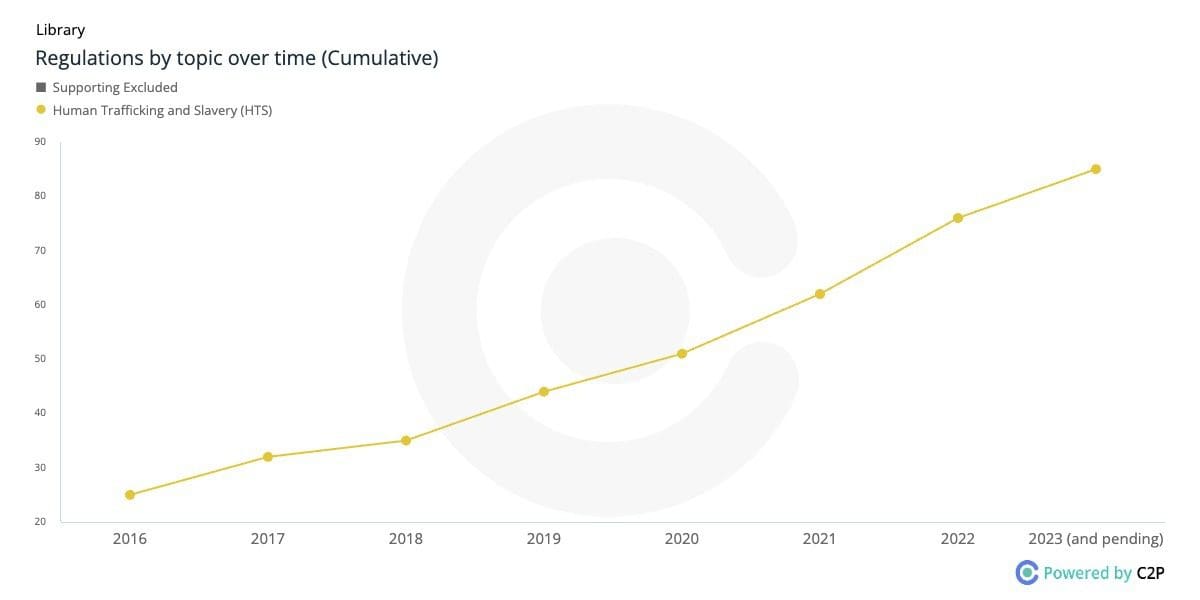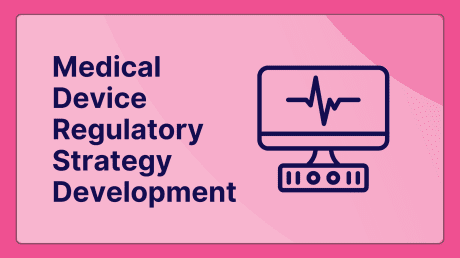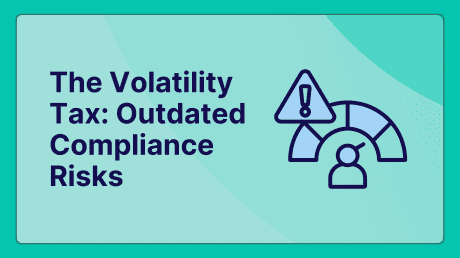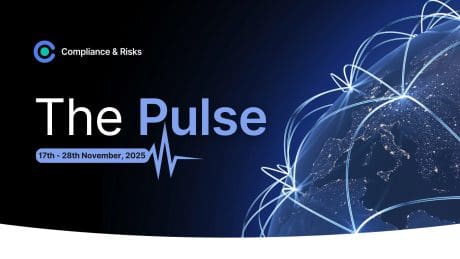
Human And Fundamental Rights Violations In Supply Chains – What Can Responsible Businesses Do?

OUR MONTHLY “IN PRACTICE SERIES” IS BROUGHT TO YOU IN PARTNERSHIP WITH KENNEDYS LAW LLP
TO HELP ENSURE YOU HAVE ACCESS TO PRACTICAL INSIGHTS BACKED BY OUR COMPREHENSIVE, IN-DEPTH REGULATORY EXPERTISE.
AUTHORED BY: SARAH-JANE DOBSON, PARTNER, THOMAS PANTER; SENIOR ASSOCIATE, MIRAN BAHRA; ASSOCIATE AND FRANCESCA GORMLEV; TRAINEE SOLICITOR, KENNEDYS LAW LLP
The Legal Issue:
On 9 February 2023, the European Commission (EC) published an article noting that trafficking victims in Europe had risen by 10% and that the share of European Union (EU) nationals among the victims increased to 59%. The International Labour Organisation has estimated that 27.6 million people are still in forced labour, in many industries and in every continent – the majority of which takes place in the private economy.
The role of human and fundamental rights violations within modern society and the global supply chain spans decades, even centuries. It is a deep-rooted issue that has been part of the political agenda in one form or another for years.
In the past, much of the political focus within the EU and UK has been on legislation aimed at tackling the direct perpetrators of exploitation, whether at home or abroad. However, in the last 10 years, we have seen legislators increasingly turning their attention to the impact that consumer products and, in particular, their complex supply chains, has on enabling or fostering exploitation. Equally, a growing segment of consumers are becoming educated and engaged with respect to exploitation remaining a persistent and pervasive element within the supply chains of many everyday consumer products.
Those same consumers are demanding, often vocally, ethical products.
The EU has developed several overarching initiatives that have produced a significant amount of new and proposed regulations with implications for businesses and, in particular, the management of supply chain due diligence:
- The ‘EU Action Plan on Human Rights and Democracy (2020-2024)’ published by the EC on 15 March 2020 – This sets out goals, including a zero tolerance policy on child labour, the eradication of forced labour, the promotion of human rights due diligence in global supply chains and the development of international standards to promote responsible business conduct.
- The ‘Trade Policy Review – An Open, Sustainable and Assertive Trade Policy’ published by the EC on 18 February 2021 – This confirmed its intention as part of the European Green Deal to promote sustainable and responsible value chains through mandatory due diligence, including effective action and enforcement mechanisms against forced labour.
- The ‘EU strategy on Combatting Trafficking in Human Beings (2021-2025)’ published on 14 April 2021 – This confirmed that “labour exploitation concerns 15% of all victims of trafficking within the EU – with an increasing number of victims remaining undetected” and that focus should include reducing the demand that fosters trafficking, breaking the business model of traffickers, protecting victims and promoting international cooperation.
Despite the intentions of legislators to increase the amount of regulation addressing exploitation in supply chains and a growing sentiment amongst consumers to demand ethical products, it is not uncommon for businesses to only have visibility of their direct or tier one suppliers. As you will see below, businesses who maintain this approach put themselves at significant risk.
The Legal Framework:
The new mainstay regimes that are due to be implemented and/or revised includes:
| EC Proposal / Revision | Impact |
|---|---|
Proposed Corporate Sustainability Due Diligence Directive | On 23 February 2022, the EC adopted a proposal for the Corporate Sustainability Due Diligence Directive (“CSDDD”). The main driver behind the CSDDD was to foster sustainable and responsible corporate behaviour throughout global value chains. As part of the CSDDD, companies will be required to identify and, where necessary, prevent, end or mitigate adverse impacts of their activities on human rights, such as child labour and exploitation of workers. The CSDDD will apply to the following (including their subsidiaries and value chains): EU Companies: – Group 1: All EU limited liability companies of substantial size and economic power (with 500+ employees and EUR 150 million+ in net turnover worldwide). – Group 2: Other limited liability companies operating in defined high impact sectors, which do not meet both Group 1 thresholds, but have more than 250 employees and a net turnover of EUR 40 million worldwide and more. For these companies, rules will start to apply 2 years later than for group 1. Non-EU Companies: – Active in the EU with turnover threshold aligned with Group 1 and 2, generated in the EU. To ensure compliance with the CSDDD, companies will need to: – Integrate due diligence into their policies; – Proactively identify actual or potential adverse human rights impacts; – Prevent or mitigate potential impacts on human rights; – Bring to an end or minimise actual human rights impacts; – Establish and maintain a complaints procedure; – Monitor the effectiveness of the due diligence policy and measures; and – Publicly communicate on due diligence. |
| Proposal for a Ban on Goods made using Forced Labour Regulation | On 14 September 2022, the EC proposed a new regulation to prohibit products made using forced labour, including child labour, on the EU international market (“Proposed Forced Labour Regulation”). Whilst the pending CSDDD address companies’ global value chains, it does not require Member States or companies to prohibit the placing and making available of any product on the market. The Proposed Forced Labour Regulation covers: – All products made available within the EU market. This includes imported goods and goods made in the EU for domestic consumption or export. – All product types, including their components, irrespective of the sector or industry. The Proposed Forced Labour Regulation has excluded a minimum threshold for the volume and/or value of products. In addition, it is proposed that SMEs will not be exempt from the new measures but that it is likely that it will include specific measures for SMEs. |
| EU Anti-Trafficking Directive | On 19 December 2022, the EC proposed a new revision of the EU Anti-Trafficking Directive (“Proposed Revision of the EU Anti-Trafficking Directive”). Under the Proposed Revision of the EU Anti-Trafficking Directive, the EC has noted its intention to modernise the existing framework, including introducing sanctions for companies held accountable for trafficking offences through the introduction of a mandatory sanctions regime. |
The Regulatory Trend Of Sustainability Regulations:
C2P Regulatory Growth Chart illustrating the substantial rise in Human Trafficking and Slavery regulations since 2016

The Consequences:
The overarching initiatives and applicable regimes noted above are subject to frequent revision due to the forms of exploitation constantly evolving and the severity of the human and fundamental rights violations still remaining prevalent.
However, based on the currently available texts, the consequences of non-compliance include:
| Consequences | Commentary |
|---|---|
Direct Monetary Penalties | Under the CSDDD, Member States are able to designate an authority to supervise and impose effective proportionate and dissuasive sanctions, including fines and compliance orders. |
Directors Duties | In respect of the CSDDD, when exercising their duty to act in the best interest of the company, directors must take into account the human rights consequences of their decisions. Directors are liable under the rules of directors’ duties enforced through existing Member States’ laws in respect of any infringement. |
Criminal Sanctions | The Proposed Revision of the EU Anti-Trafficking Directive is set to address challenges posed by the increasing digitalisation of tracking and to enhance the criminal law response to technology-assisted offences. |
| Corrective Measures | The Proposed Forced Labour Regulation is set to empower Member States’ national authorities to prohibit the sale, export from the EU of products made using forced labour. It also allows for such products that have already entered the market to be withdrawn and disposed. |
| Civil Liability | Under the CSDDD, Member States are empowered to ensure that victims get compensation for damages resulting from a company’s failure to comply with its obligations under the directive. |
| Reputational Harm | The impact of infringements in respect of forced labour, modern slavery and trafficking could result in significant reputational harm for companies – particularly as related news stories garner significant media attention. Readers I am sure will be aware of many high profile cases involving household brands whose supply chains have been connected to exploitation. |
Checklist To Improve Compliance:
Businesses should always refer to the specific regulations and guidance in place in the jurisdictions they are operating. However, the following general principles may provide some helpful pointers for staying on the right side of the law:
- Understand the current and proposed legislative regimes, and how they apply to your value chains and products.
- Establish and operate due diligence policies and procedures. These should be reviewed and monitored at least on an annual basis to ensure their effectiveness.
- Review existing value chains and take the appropriate action to ensure compliance. It would also be prudent to ascertain how products or component parts imported into the EU are manufactured and produced.
- Technology exists to assist with the management and monitoring of suppliers, including software that collects information on businesses and automatically flags changes in a suppliers risk profile to the user. Such tools may be particularly useful for very complex supply chains. Also consider blockchain-based ledgers and other associated services designed to boost transparency between a supplier and purchaser.
- Consider integrating your own due-diligence requirements in respect of human and fundamental rights violations within the terms of contract and associated code of conduct documentation entered with suppliers.
- Implement a complaints procedure, both externally and internally, to allow individuals or organisations to submit legitimate concerns regarding actual or potential adverse human and fundamental rights impacts.
Stay Compliant With Global Regulations
Catch up with our previous editions of our In Practice Series –
- How To Avoid “Greenwashing”,
- How To Be An ESG-Conscious Product Manufacturer,
- How To Get Ready For The New Product Liability Laws In Europe
- How To Prepare For The Upgraded Digital Services Laws In Europe
- The Future Medical Device Regulations Within The UK
- Sustainability Initiatives At EU Level – The Current Status
See Our ESG Solution In Action
Accelerate your ESG Compliance with our ESG Solution, a smarter way for organizations to meet mandatory ESG obligations.
Watch our high level demo at your convenience.








